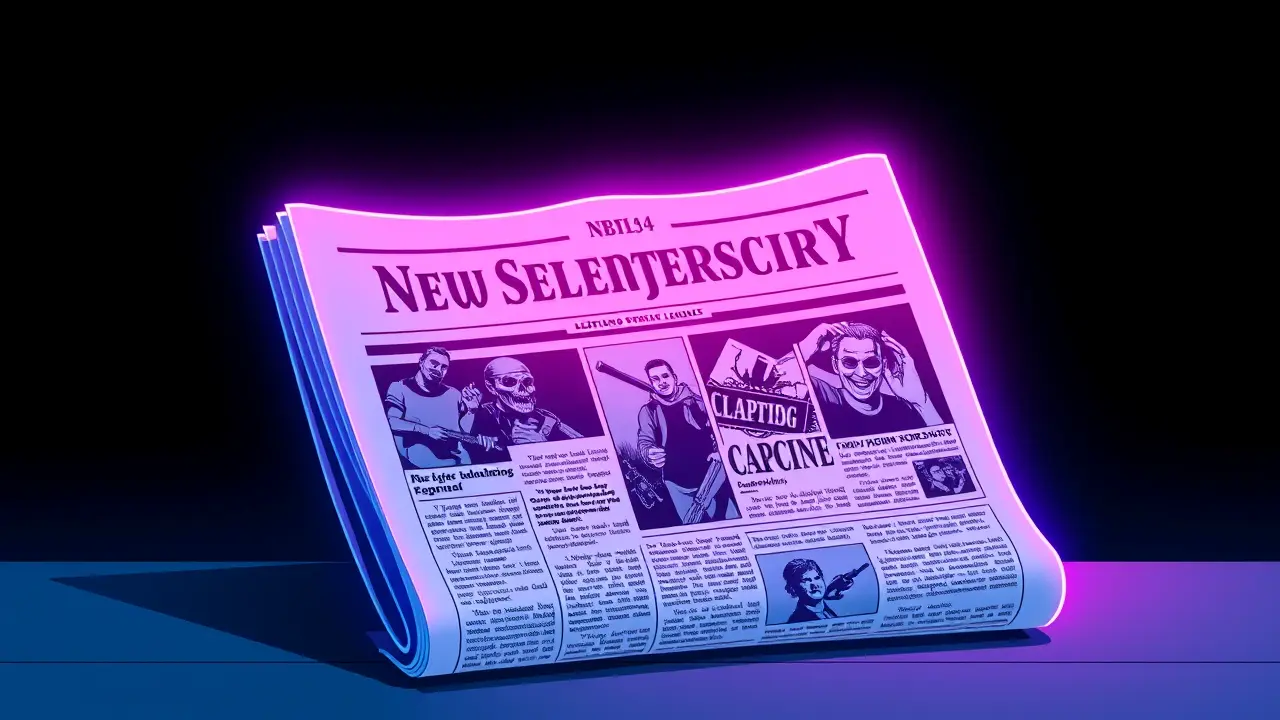
Otherothers newsSocial Issues
Conspiracy Theorists Are Returning to Print Media
AN
Andrew Blake
7 hours ago7 min read1 comments
Early in 2022, a curious phenomenon began unfolding across Washington state, where an unfamiliar free paper started appearing in news racks at local shops and restaurants, its presence a quiet anomaly in a digital age. This wasn't a revival of a local gazette but the tangible footprint of a growing movement: conspiracy theorists are making a deliberate and strategic return to print media.The publication, often filled with narratives questioning vaccine efficacy and electoral integrity, represents a broader, more calculated shift. While the internet remains their primary megaphone, these groups are increasingly leveraging the perceived legitimacy and tangible permanence of physical newspapers to reach audiences who have grown weary of algorithmic feeds and online misinformation whack-a-mole.It’s a fascinating reversion, a kind of ideological secession from the digital public square into a more controlled, analog domain. This tactic isn't entirely new; one can draw a line back to the pamphleteers of the American Revolution or the underground zine culture of the 90s, where counter-cultural ideas found sanctuary in ink and paper.The modern iteration, however, is supercharged by online communities that use digital platforms for rapid mobilization and funding, then channel that energy into a physical product designed for porch steps and coffee shop counters. The appeal is multifaceted.Print carries a veneer of authority that a fleeting social media post lacks; it can't be fact-checked with a click or downvoted into obscurity. It lands in communities, sometimes unsolicited, creating a passive form of outreach that bypasses digital ad blockers and content moderation policies.Experts in media sociology point out that this creates insulated information ecosystems, where a reader in a small town might encounter these papers as their sole source of 'alternative' news, granting the content an unearned credibility. The consequences ripple outward, affecting local politics, public health initiatives, and community trust. It’s a grassroots-level information war, fought not with bots and trolls, but with newsprint and distribution networks, posing a unique challenge for those trying to combat misinformation where it takes root, quietly and physically, in the real world.
#conspiracy theories
#print media
#local news
#misinformation
#alternative media
#Washington state
#featured
Stay Informed. Act Smarter.
Get weekly highlights, major headlines, and expert insights — then put your knowledge to work in our live prediction markets.
© 2025 Outpoll Service LTD. All rights reserved.